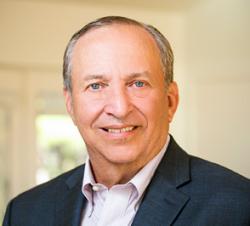

Research
BPEA | 1990 No. 1


1990, No. 1
AN AMERICAN woman reaching childbearing age in 1960 would expect 3.6 children; an identical woman in 1990 would expect only 1.9 children. That dramatic demographic change makes it almost inevitable that the American population will age rapidly over the next 50 years. By 2025, the share of the American population that is 65 or older will exceed the share of Florida’s population that is of retirement age today. The ratio of retirees to workers will have risen by nearly two-thirds. Even more dramatic demographic changes are occurring abroad. The share of the Japanese population that is 65 or over will rise from 11 percent to 19 percent over the next two decades. If current fertility levels in West Germany are maintained until 2050, the population will not only age but shrink more than one-third.